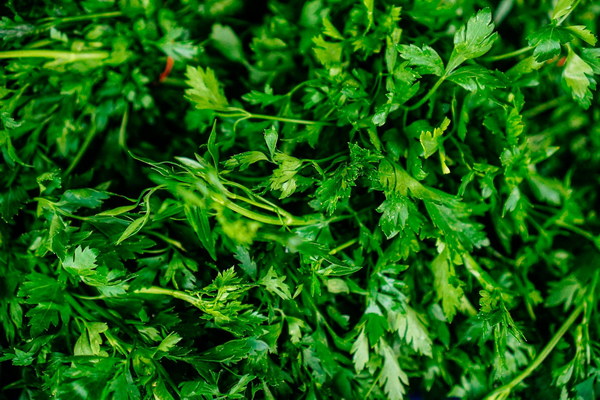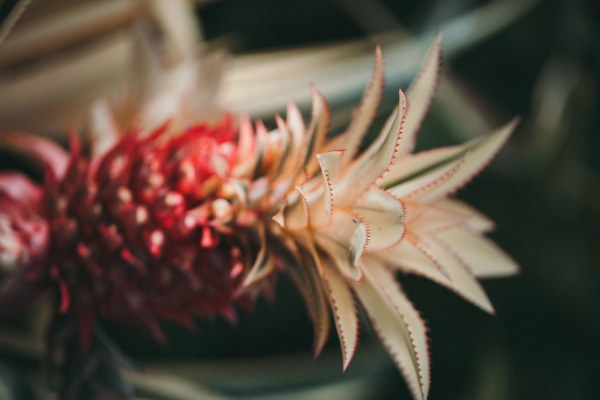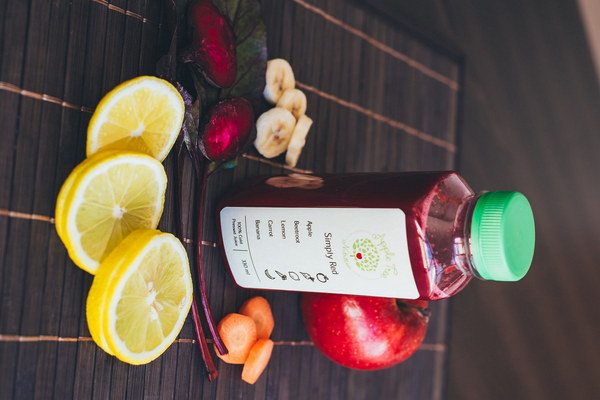Banishing Dampness Natural Remedies for Relieving Stomach Pain and Promoting Well-being
Stomach pain is a common issue that many people face at some point in their lives. It can be caused by various factors, including indigestion, bloating, or dampness within the body. Dampness, a concept derived from traditional Chinese medicine, refers to the accumulation of excess moisture in the body that can lead to a range of symptoms, including stomach pain. In this article, we will explore natural remedies that can help alleviate stomach pain caused by dampness and promote overall well-being.
1. Diet and Nutrition
A healthy diet plays a crucial role in managing dampness and reducing stomach pain. Here are some dietary recommendations:
a. Avoid cold and raw foods: Cold and raw foods can exacerbate dampness in the body and worsen stomach pain. Opt for warm, cooked meals instead.
b. Limit sugary and processed foods: High sugar and processed foods can contribute to dampness and inflammation, worsening stomach pain. Choose whole foods such as fruits, vegetables, and lean proteins.
c. Consume warming spices: Spices like ginger, cinnamon, and turmeric can help warm the body and alleviate dampness. Incorporate these spices into your meals or consume them in tea form.
d. Drink warm liquids: Warm water, herbal teas, and broths can help soothe the stomach and promote digestion.
2. Herbs and Supplements
Herbs and supplements can provide natural relief for dampness and stomach pain. Here are some options to consider:
a. Ginger: Ginger is a well-known herb for its anti-inflammatory and digestive properties. It can help alleviate stomach pain and reduce dampness.

b. Turmeric: Turmeric contains the compound curcumin, which has anti-inflammatory effects. It can help alleviate stomach pain and improve digestion.
c. Dandelion: Dandelion is a natural diuretic that can help eliminate excess moisture from the body, reducing dampness and stomach pain.
d. Milk thistle: Milk thistle supports liver function, which is crucial for digestion and elimination of dampness.
3. Exercise and Lifestyle
Regular exercise and a healthy lifestyle can help improve digestion and alleviate dampness:
a. Engage in moderate exercise: Regular, moderate exercise can help improve circulation and promote the elimination of dampness.
b. Manage stress: Stress can exacerbate dampness and stomach pain. Practice relaxation techniques such as yoga, meditation, or deep breathing exercises.
c. Get adequate sleep: Poor sleep can contribute to dampness and stomach pain. Aim for 7-9 hours of quality sleep each night.
4. Acupuncture and Traditional Chinese Medicine
Acupuncture and other traditional Chinese medicine practices can be beneficial for alleviating dampness and stomach pain:
a. Acupuncture: Acupuncture can help balance the body's energy (Qi) and promote the elimination of dampness. It can provide relief from stomach pain and improve overall well-being.
b. Cupping: Cupping is a technique that involves placing cups on the skin to create suction. It can help improve circulation and alleviate dampness.
c. Moxibustion: Moxibustion involves burning moxa (a substance derived from dried mugwort) near the skin to stimulate Qi and promote healing.
By incorporating these natural remedies into your routine, you can effectively manage dampness and alleviate stomach pain. However, it is essential to consult with a healthcare professional before starting any new treatment, especially if you have underlying health conditions. Remember that taking a holistic approach to health can lead to long-term improvements in your well-being.









